Health and Care services for people with learning disabilities
Easy read summary

|
This Report is about research into learning disabilities. |
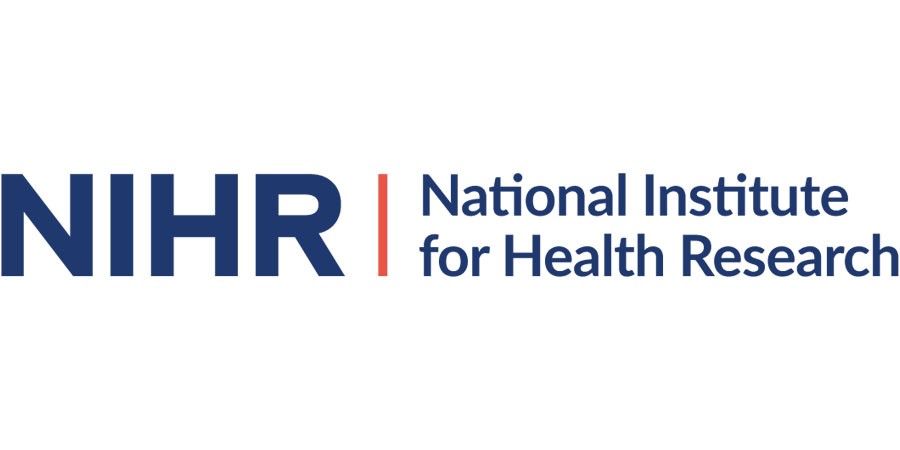 |
This research was paid for by the National Institute for Health Research. |
 |
This is the Easy Read Summary. |
 |
There is more information in the full report. |
Contents |
||
 |
Why is this report important? | Page 4 |
 |
Services | Page 6 |
 |
What the report says | Page 8 |
 |
Section 1 – spotting health risks | Page 8 |
 |
Section 2 – Keeping well | Page 12 |
 |
Section 3 – Staying safe and well in hospital | Page 20 |
 |
Section 4 – services supporting positive behaviour | Page 20 |
 |
Section 5 – Doing research with people with learning disabilities | Page 22 |
 |
Section 6 – What next? | Page 23 |
 |
Why this Report is important |
|
 |
This Report is important because health and care services have to do better for people with learning disabilities | |
 |
Over one million people in England have a learning disability. | |
 |
But many people with learning disabilities die around 20 years earlier than other people. | |
 |
Lots of people with learning disabilities have a bad diet and are overweight. | |
 |
Many people also have mental health problems. | |
 |
Sometimes doctors do not spot serious illnesses like dementia because they think it is part of having a learning disability. | |
 |
Lots of people with learning disabilities are given drugs to control their behaviour – this can damage their health. | |
Services |
||
 |
Most people with learning disabilities use the same health services that everyone else uses. | |
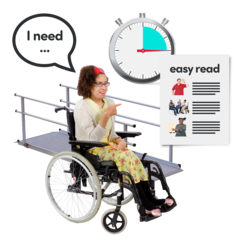 |
The law says services should make ‘reasonable adjustments’ to make sure they work well for people with learning disabilities. | |
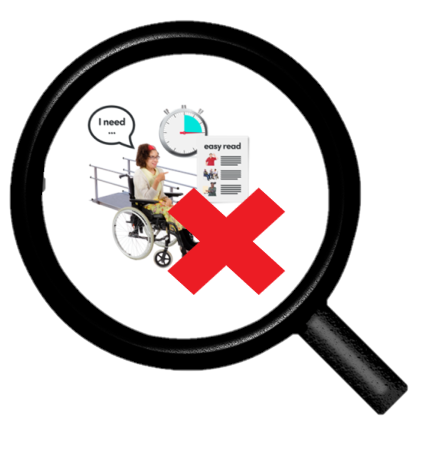 |
However, lots of research and reports show that this does not always happen. | |
 |
Health staff often do not have training to understand how to work with people with learning disabilities. | |
 |
Sometimes different services do not work well together.
For example, GPs do not talk to the hospital enough. |
|
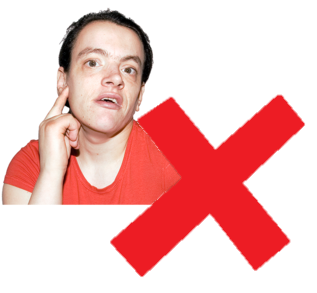 |
Sometimes health staff do not listen to the person with a learning disability or to the people who know the person best. | |
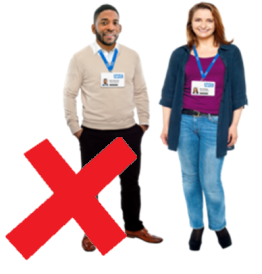 |
Sometimes there are not enough specialist services for people who need more care. | |
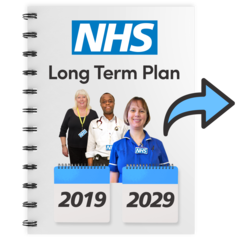 |
The NHS 10 Year Plan says all this must change. | |
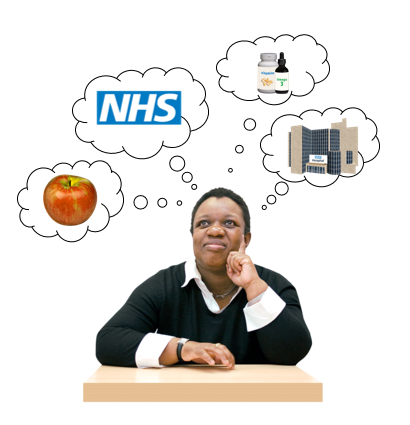 |
There is a lot to do if people with learning disabilities are to enjoy better health and better lives. | |
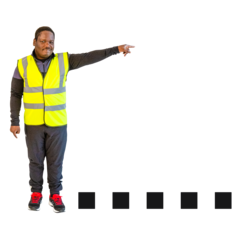 |
This Report shows how we might start on making things better. | |
 |
What the Report says |
|
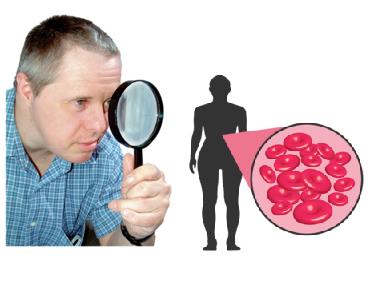 |
Section 1: Spotting health risks |
|
 |
To make people’s health better, it is important to find health problems early. | |
 |
The Government pays GPs to do a special Annual Health Check for people with learning disabilities. | |
 |
The research says this is a good way to find health problems early. | |
 |
People who have a health check every year were less likely to need to go to A and E than people who did not get this check. | |
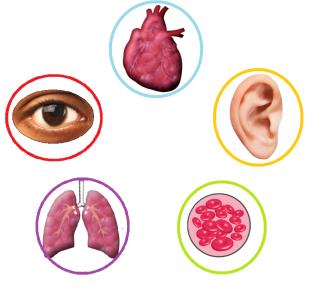 |
Health Checks are good at finding problems with eyesight, hearing, diabetes, heart conditions, swallowing and breathing. | |
 |
Only just over half the people who have a learning disability get a health check (55%). | |
 |
It is important that more people get Health Checks. | |
 |
It can help if doctors: | |
 |
|
|
 |
|
|
 |
|
|
|
||
 |
|
|
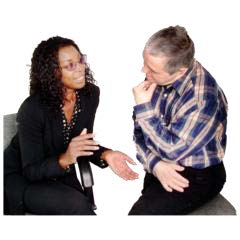 |
|
|
 |
|
|
 |
What can you do? |
|
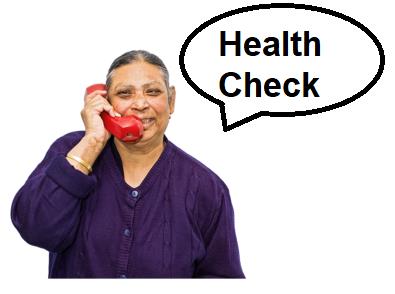 |
Ring up your doctor and ask if you can have a learning disability annual health check. | |
 |
Ask the doctor to explain things slowly and in simple words. | |
 |
Ask the doctor to write things down so you can show someone you trust if you do not understand. | |
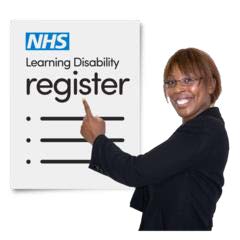 |
Ask the doctor ‘am I on the learning disability register?’. | |
 |
Find out about health passports and health action plans | |
 |
Section 2: Keeping well |
|
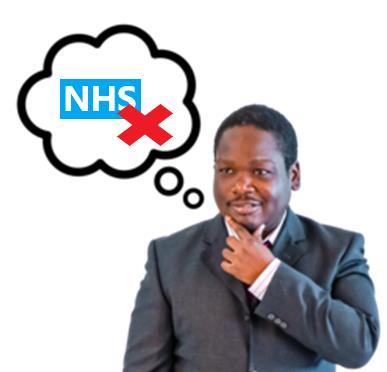 |
People with learning disabilities cannot always use services which help people to keep well. | |
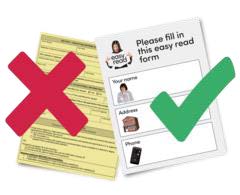 |
These services need to do more to make it easy for people to use them. | |
 |
It can help if people can see the same person every time. | |
 |
Swallowing |
|
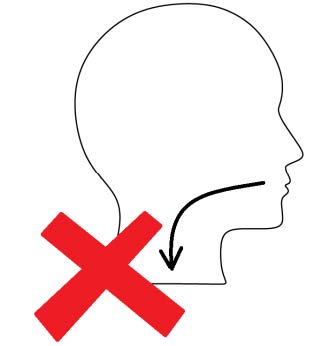 |
Many people with learning disabilities have problems with swallowing. | |
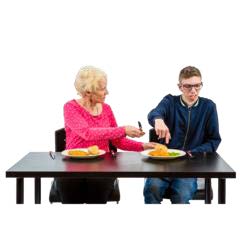 |
Good support at mealtimes can prevent this. | |
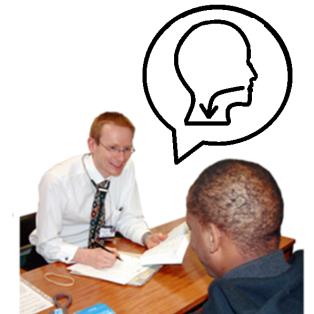 |
GPs need to ask about this at the Health Check.
GPs must make sure that if there are any problems, people get quick treatment. |
|
 |
Epilepsy |
|
 |
Lots of people with learning disabilities have epilepsy. | |
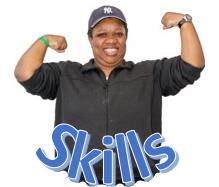 |
It is important that nurses have the right skills to treat people with epilepsy and to support them and their carers to manage it. | |
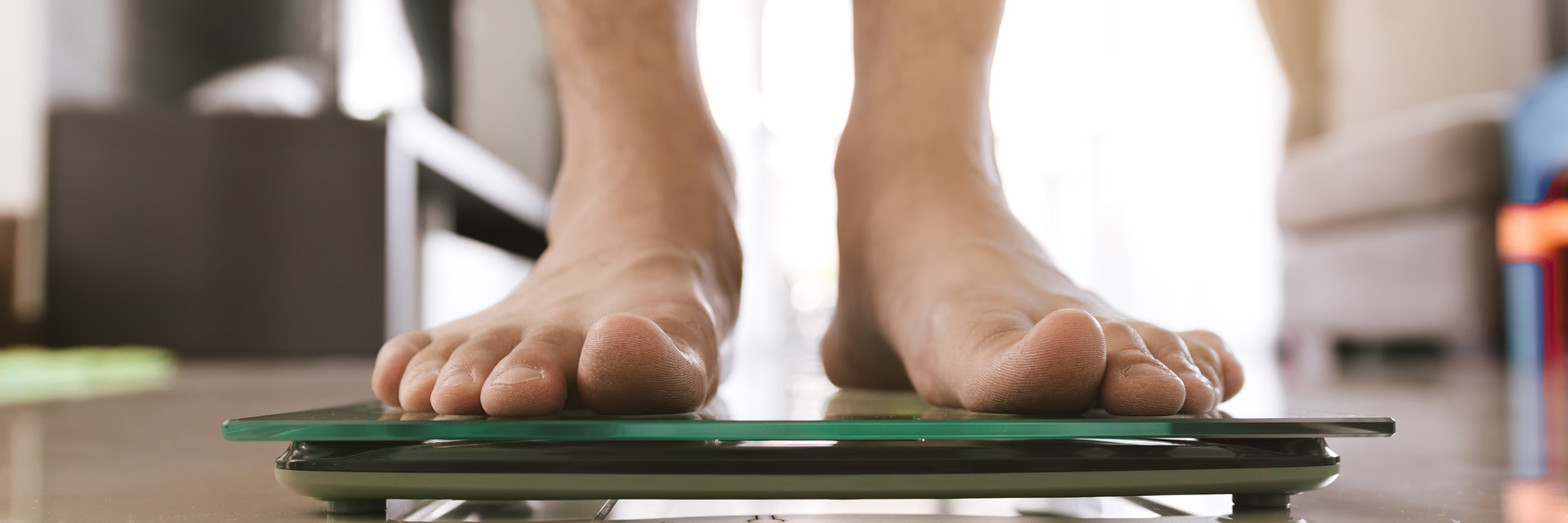 |
Healthy weight |
|
 |
Lots of people with learning disabilities are overweight. | |
 |
Some have diabetes which no one knows about | |
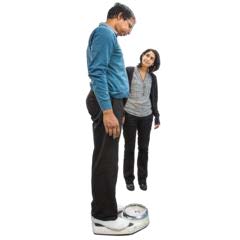 |
We still need to find good ways to support people with learning disabilities to keep a healthy weight. | |
 |
Easy Read information and regular support will help. | |
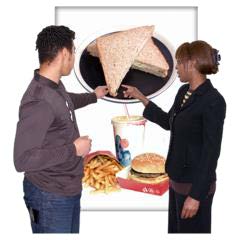 |
Staff who support people with learning disabilities with cooking and eating need to help them choose and prepare healthy food. | |
 |
Mental Health |
|
 |
Lots of people with learning disabilities have depression and other mental health problems. | |
 |
We do not know why. | |
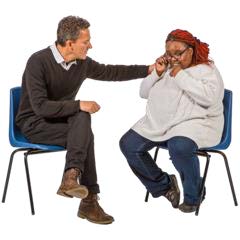 |
Good ways to support people include: | |
 |
|
|
 |
|
|
 |
|
|
 |
|
|
 |
Managing anger and aggression |
|
 |
Some people get angry and aggressive. | |
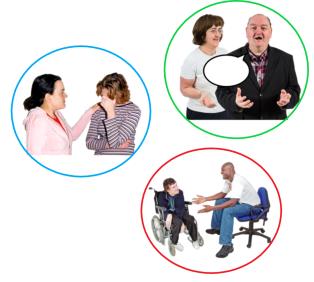 |
Researchers have tried different ways to help people manage their feelings. | |
 |
These have made some difference for some people, but none work for everyone. | |
 |
What you can do? |
|
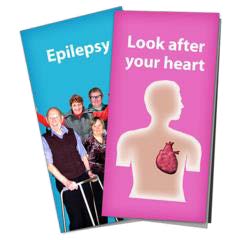 |
Find out what services there are to help you keep healthy in mind and body! | |
 |
Section 3: Staying well and safe in hospital |
|
 |
We know from research that hospitals can do more to prevent people dying early. | |
 |
This includes identifying people with learning disabilities when they are staying in hospital.
Not all hospitals do this. |
|
 |
A study of six hospitals showed many staff are not confident about working with people with learning disabilities. | |
 |
But learning disability nurses working in hospitals made a difference. | |
 |
We do not know what effect other recent changes, such as personal health passports, have made in improving care. | |
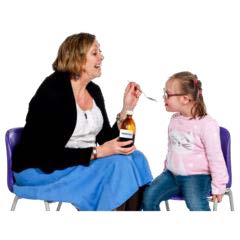 |
Special aids might help hospital staff work with children with learning disabilities. | |
 |
What you can do |
|
 |
If you have to go to hospital ask to speak to the Learning Disability Nurse before you go | |
 |
Make sure you have a Hospital Passport and it is up to date | |
 |
Make sure the hospital knows if you want a friend, family member or carer to help you while you are in Hospital out-patients. | |
 |
Section 4: Services supporting positive |
|
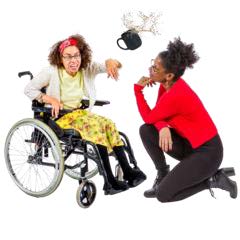 |
Lots of research looks at ways to support people whose behaviour challenges others, because it is violent or angry. | |
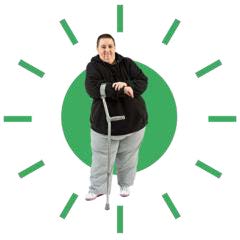 |
A lot of this research looks at using Positive Behavioural Support.
This is a person centred method to help people change their behaviour.
|
|
 |
Positive Behavioural Support can be useful, but it does not always work. | |
 |
It is important that the whole staff team and the people who support the person work together. | |
 |
One study in over twenty group homes found things that staff could do differently to make care better. | |
 |
This led to less difficult behaviour in two thirds of people living there. | |
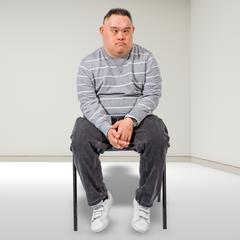 |
Some research also found that being left alone or bored can lead to behaviour which challenges others. | |
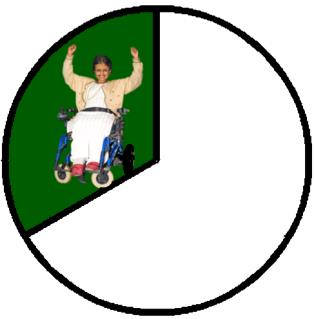 |
|
|
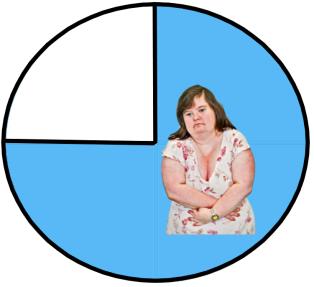 |
|
|
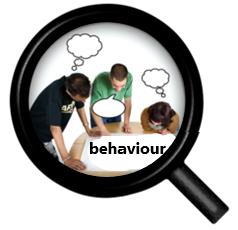 |
We need more research into how people with behaviour that challenges can be well supported in the community. | |
 |
This research needs to last several years. | |
 |
Section 5: Doing research with people with learning disabilities |
|
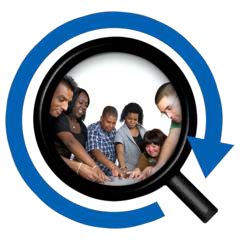 |
It’s important that health research includes people with learning disabilities as co-researchers and participants. | |
 |
Many of the studies included in this Review show how to do this well. | |
 |
Section 6: What Next? |
|
 |
This Report shows some good ways to help people with learning disabilities live longer and healthier lives | |
 |
It also points to more research we need to do. There are some examples here. | |
 |
Health Checks |
|
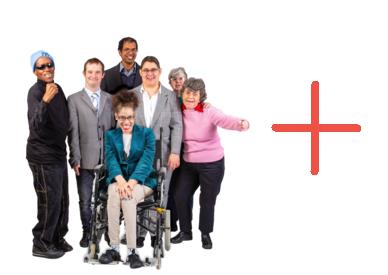 |
We need research on how more people can have health checks. | |
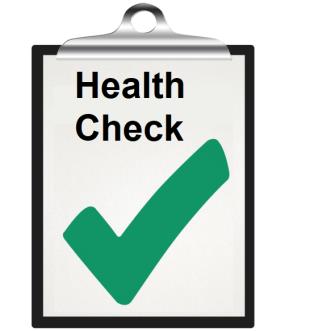 |
We need research on how to get doctors to do really good health checks. | |
 |
Stages of life plans |
|
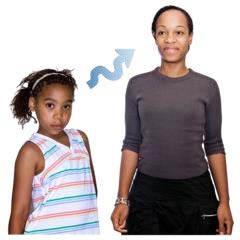 |
We need research into how care plans can help when young people move into adult services. | |
 |
We also need to know what older people with learning disabilities need. | |
 |
This includes support for families as they and their adult children with learning disabilities get older. | |
 |
Keeping well |
|
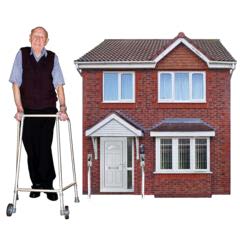 |
We need more research with people living at home and in group homes in the community. | |
 |
This includes best ways to help people stay active, eat well and cope with feeling down or angry. |
|
 |
Self help and self-advocacy |
|
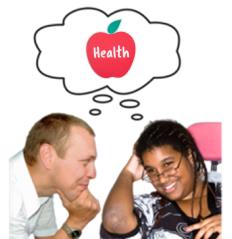 |
We need research on how people with learning disabilities support other people with learning disabilities to manage their health better. | |
 |
Self-advocacy groups do a lot already. | |
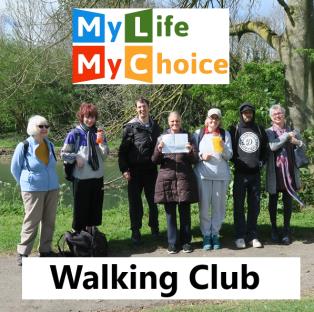 |
My Life My Choice run a Walking Group. | |
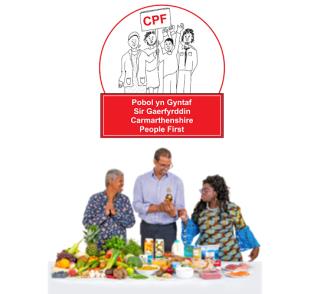 |
Carmarthenshire People First have a healthy eating group. | |
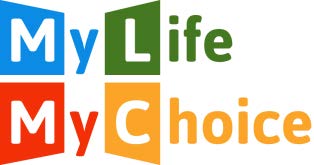 |
A Last Word from My Life My Choice |
|
 |
It is good to have this Report. | |
 |
There are some good things out there which support people with learning disabilities to have good lives. | |
 |
We also know that lots of people with learning disabilities are still not getting the right support and care that they need. | |
 |
Too many are dying too early and not having the best life they could. | |
 |
If we knew more about the reasons why and how things affected people, we could plan better for the future and make sure that people could enjoy good lives. |
Produced by the University of Southampton on behalf of NIHR through the NIHR Dissemination Centre